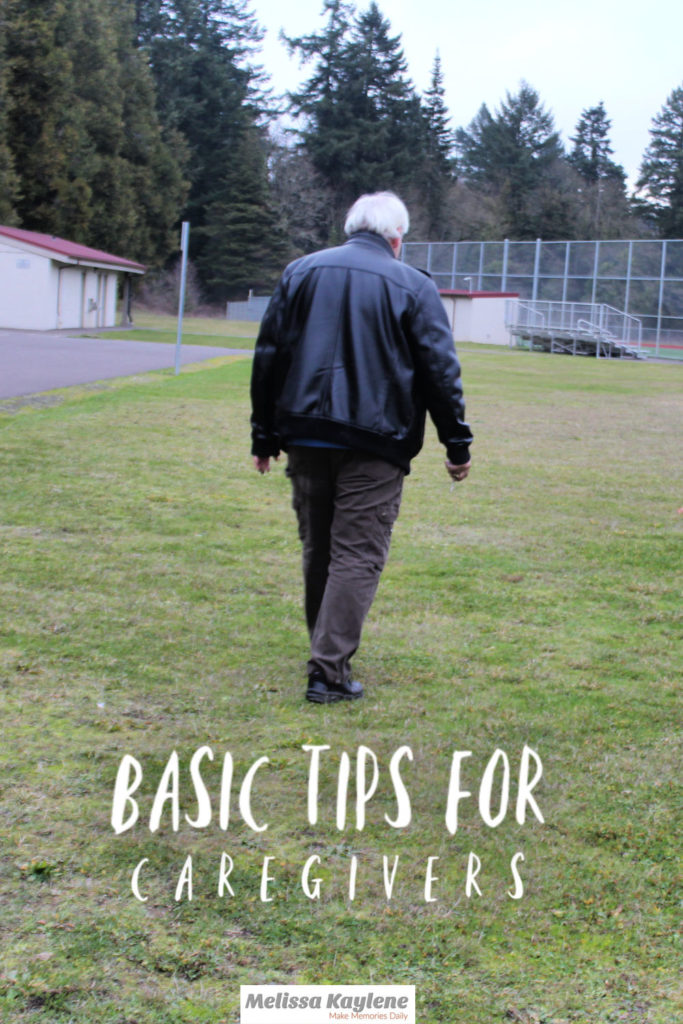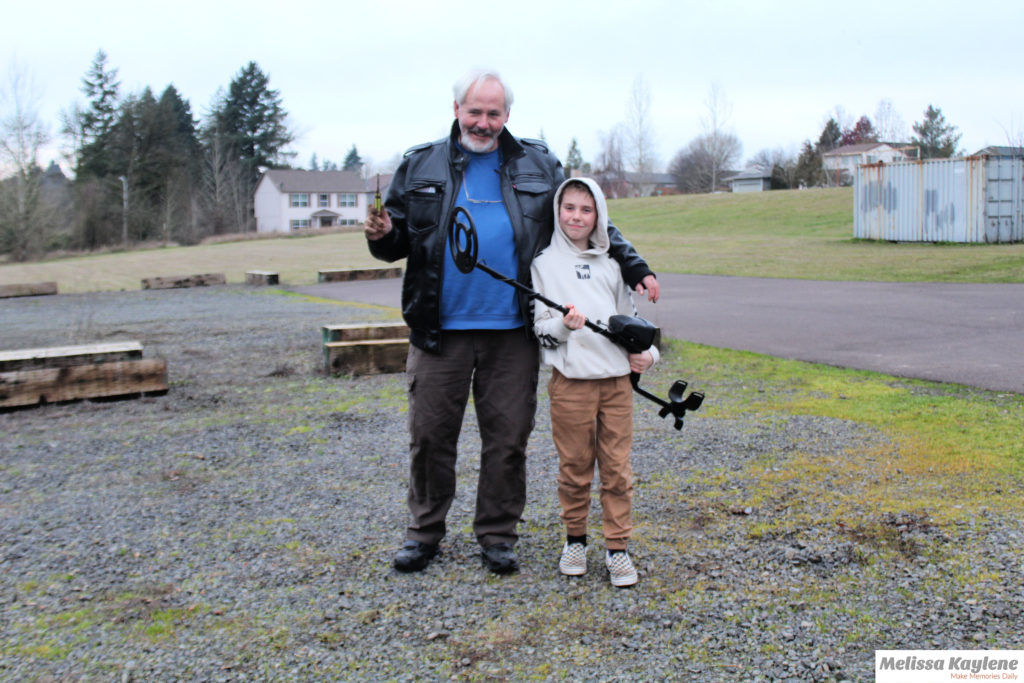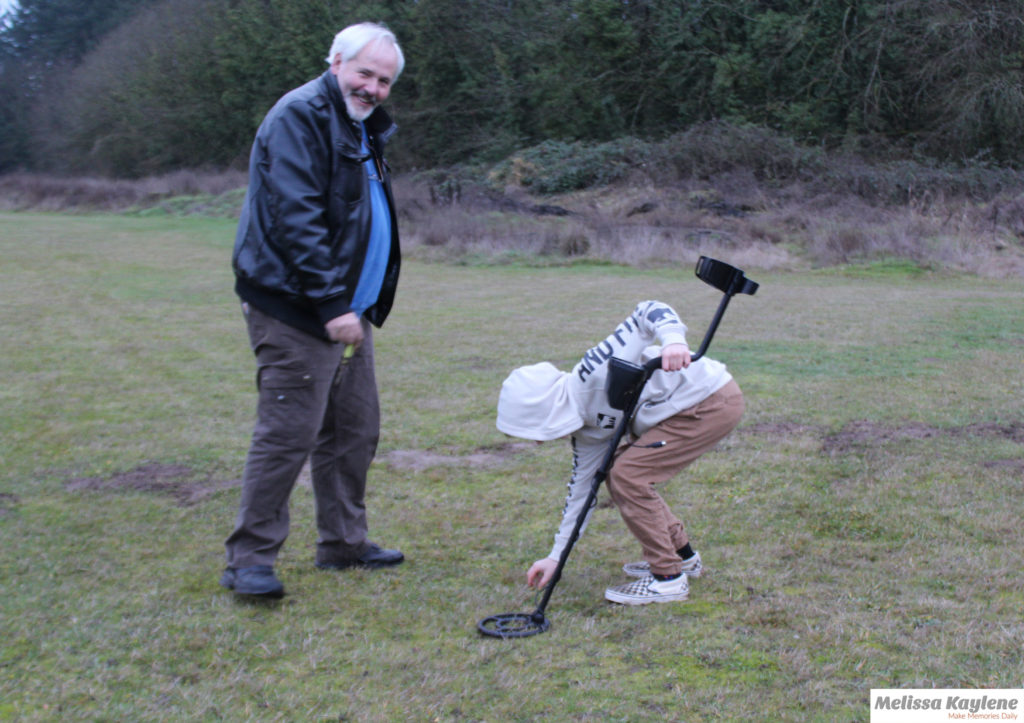Today I’m talking about caregivers, and basic tips that you should know if you are a caregiver. 
February is in full swing and it seems as if Christmas was just last week. My kids are in their second semester of the school year and are keeping themselves busy with extracurricular activities like cheerleading, basketball, and Girl Scouts (it’s cookie time!).
The majority of my time recently has been spent either working or helping manage my parents’ care. I had to have my Mom placed into a nursing facility last year, and my Dad has just relocated to be closer to me as he has found himself in a caregiving situation with his wife, who, although is still young, is having difficulties walking and caring for herself which are related to a brain tumor that was removed 16 years ago, and subsequent seizures that occurred over the last year.
Caregiving is such an exhausting job; often thankless and endless. I began my career as a certified nurse’s assistant back in 2003 when I was pregnant with my eldest daughter. I continued to work as a CNA until 2009 when I went back to school to become a licensed practical nurse. In other words, I am very familiar with the strain that it can cause on an individual.
It’s even more challenging for individuals that have had no formal training. I’ve spent many hours recently trying to teach and show my Dad little transferring tricks, or explaining what a good blood pressure reading looks like. Other times I’ve just picked up the phone to check on him, as I know being a caregiver can oftentimes be an isolating experience.
I know that there are so many people out there that are in similar situations, so I wanted to share some really basic tips that I’ve learned that can help you:
Basic Tips for Caregivers
- Take the time to learn about your loved one’s abilities and inabilities. There are countless scenarios as to why your loved one needs assistance. It could be anything from the progression of a disease, recovery after surgery, end of life care, etc. Whatever the cause for their need of assistance – look it up. Do some research. Get to understand the best ways that you can help.
- Learn some tips from professionals. My step-mom was recently in a skilled nursing facility for four weeks receiving physical and occupational therapy. My Dad did his best to be at most of the therapy sessions, as well as observe the CNA’s to learn about proper transfer techniques and safety issues. You won’t know everything, but any knowledge will help you. (Pro tip: if you have to help transfer someone, always use a gait belt
for safety.)
- When in doubt, ask someone. Many times insurances will have a nurse line you can call, or you can call your loved one’s provider for guidance. Use whatever resources you have when you aren’t sure of something.
- Don’t do it alone. It can be hard letting other people help you – but you need to. Whether it’s family members or friends offering to chip in with something, or you find yourself needing to get some professional home help for your loved one – figure out how to make that happen. You need to be able to take a break, step back, and breathe. If you don’t, you will find yourself becoming exhausted, impatient, and unhappy.
- Don’t forget to take care of yourself. This goes hand in hand with getting other people in to help you. They may not be you, it may not be perfect, but if you don’t spend the time taking care of your mental and physical wellbeing you won’t be able to keep up. Often times caregivers feel guilty about this, but you shouldn’t. Remember, what you are doing is amazing; you are amazing. Taking care of yourself is not a bad thing.
Are you currently, or have ever been a caregiver? Do you have any other helpful tips to share? Comment below and let us know!


